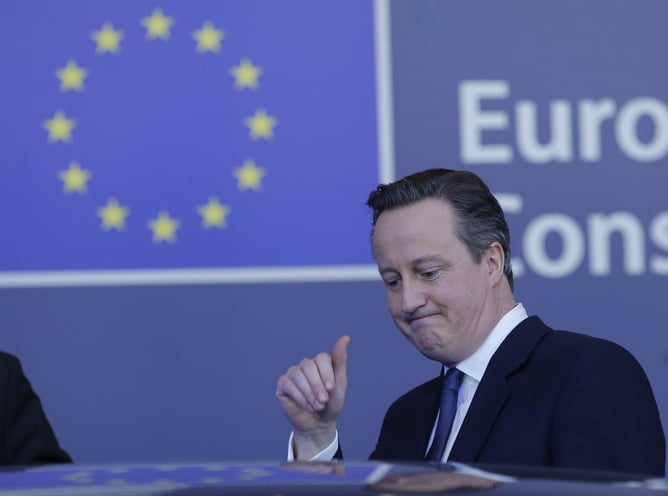IMF Warns of Possible Global Economic Derailment
The International Monetary Fund (IMF) has begun warning the largest economies in the world that a global economic catastrophe could occur if concerted action is not taken; however, many economists fear that the Group of 20 (G20) economies are unwilling or unable to do anything about the IMF’s dire predictions.




